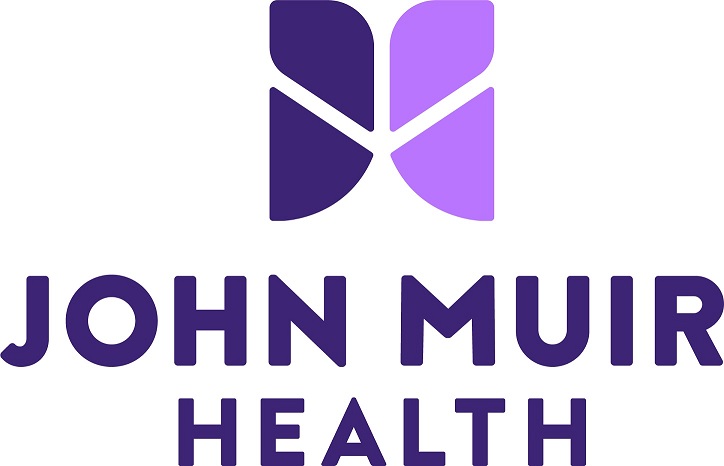

Whether you have a heart condition, have questions, or just want to learn more, we’re here to team with you and help you along your path.
Heart disease is the leading cause of the death in the United States. It is also a major cause of disability. There are many things that can raise your risk for heart disease. They are called risk factors. Some of them you cannot control, but there are many that you can. Learning about them can lower your risk of heart disease. We’re here to listen and offer ways we can help reduce your risk.
Dr. Richard Chang, interventional cardiologist at John Muir Health, shares his perspective about how to prevent heart disease - a question he hears often from his patients.
Our cardiologists are often the first line of defense in diagnosing and treating heart conditions such as high blood pressure, high cholesterol, heart failure and coronary artery disease. Our cardiologists perform non-invasive cardiac testing, implant devices such as pacemakers and defibrillators, utilize stents to open blocked arteries, perform ablations for cardiac rhythm problems and repair or replace damaged heart valves through catheter approaches. Our cardiologists ensure a constant open line of communication with you and your primary caregivers throughout your continuum of care.
Dr. Perkin Shiu, Co-Medical Director, Non-Invasive Cardiology, discusses symptoms of heart disease which should not be ignored. Watch this video to learn more about what to look for, and if needed, how to seek immediate care from a trusted cardiologist.
Dr. Paul McWhirter, Co-Medical Director, Non-Invasive Cardiology, shares an overview of the echocardiogram. Watch this video to learn about what it is and why it is used so frequently.
Our electrophysiologists specialize in procedures that can correct heart rhythm problems (arrhythmias). They perform diagnostic and interventional procedures, and lead a team of health care professionals, including registered nurses and technicians with special training in electrophysiology. Our Cardiac Rhythm Center features computerized monitoring systems that provide electrocardiographic and ultrasound recordings and 3-D mapping systems to locate and treat a wide variety of cardiac arrhythmias, such as atrial fibrillation (AF) and atrial flutter.
Atrial Fibrillation is one of the most common heart rhythm disturbances, which can lead to serious medical conditions if left untreated. Learn from John Muir Health electrophysiologist, Dr. Carleton Nibley about the symptoms of Atrial Fibrillation, and how to get help if needed.
If surgery becomes part of your treatment plan, our program promises to deliver an unparalleled experience. We started performing cardiac surgery in 1974, and have since incorporated many new, more advanced and less invasive techniques. As a result, John Muir Health’s cardiac surgery program is one of the busiest and most successful programs in Northern California with nationally recognized clinical outcomes. Our deeply experienced cardiac surgery team is devoted to your care and ready to partner with you to handle a wide range of procedures.
Dr. Andreas Kamlot, Cardiac Surgeon with John Muir Health, explains how cardiac surgery has evolved from major incisions to smaller or no incisions in a minimally invasive approach, saving operating time and helping you get back on your feet faster.
Our team of cardiologists are always on the cutting edge of new technology and John Muir Health is often one of the first in the Bay Area to offer the latest in cardiovascular treatments such as: percutaneous coronary intervention (PCI), transcatheter aortic valve replacement (TAVR), focal impulse rotor modulation (FIRM) for treatment of atrial fibrillation, the Reveal LINQ insertable cardiac monitor, transcatheter mitral valve repair (MitraClip), S-ICD implantable defibrillator, and most recently hybrid atrial fibrillation ablation, a new procedure which combines the skills of the cardiac surgeon and electrophysiologist together to treat atrial fibrillation (AF).